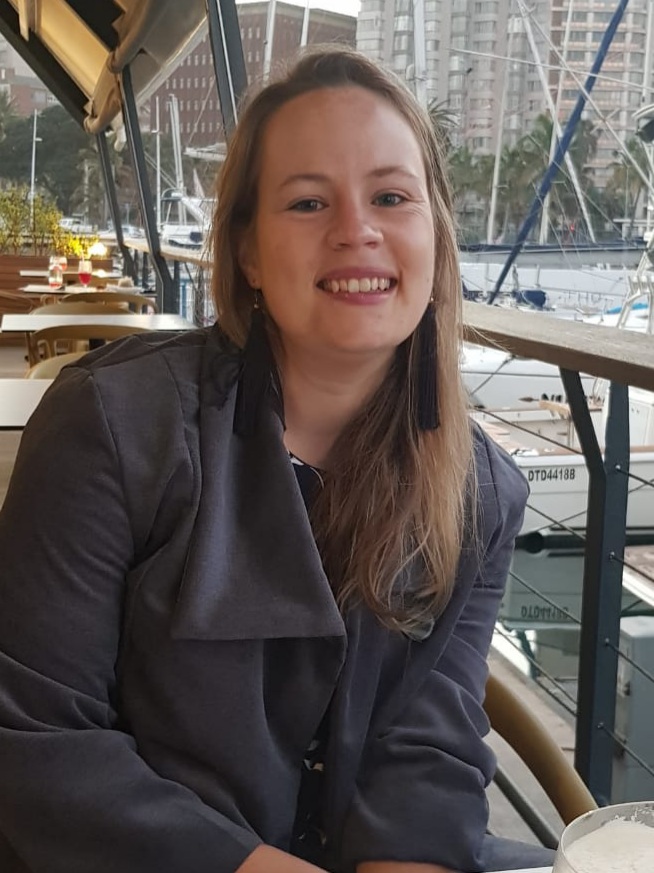SPAR’s partnership with WWF SASSI gives shoppers the peace of mind that they are enjoying sustainably sourced seafood.
South African’s love their seafood. Whether it’s served as a main dish at a candle-lit dinner or as fish and chips lunch wrapped in newspaper, we enjoy a rich variety of seafood fresh from the ocean. But do you know your Bluefin Tuna from your Yellowtail and would you know which one you should never eat?
According to Chloe Karstadt, Group Sustainability Specialist at SPAR, most people can’t tell exactly what type of fish they have been served just by tasting it. But she says that we have to be more aware of what we are eating as there are a growing number of local fish species that are highly endangered and some that are even at risk of commercial extinction.
“At SPAR, we believe that it is our responsibility to help our shoppers make the right choices about what they are eating, so our SPAR Branded products only stock seafood that has been sustainably sourced,” says Chloe.
Sustainability and food security are part of the Group’s ongoing commitment to making a difference in its communities, the country and the world. In this regard, SPAR’s work is aligned closely with the United Nation’s Sustainable Development Goals of which seafood falls under goal 14 “Life Below Water”. A key driver in influencing consumer habits under this goal is SPAR’s partnership with the WWF’s Southern African Sustainable Seafood Initiative (SASSI), an agreement that has been in place since 2014.
WWF-SASSI was established to drive change in the local seafood industry and works with suppliers and sellers of seafood, as well as informs consumers to make sustainable seafood choices.
“WWF-SASSI addresses the very real global environmental concerns about seafood,” says Chloe. “To deliver the change that is needed, the organisation has a set of consumer-focused tools that help shoppers make sustainable decisions. One that is very popular and familiar to most of our shoppers is the WWF-SASSI’s ‘traffic light’ list.”
This list informs consumers on the status of the local seafood they are buying through three colour categories. Products marked with a green fish can be eaten with a clear conscience because the seafood has been sustainably sourced and the species population numbers are healthy. Orange means the species is legal to sell, but we encourage our consumers to think twice, if you have a choice, you should opt for green. And products marked in red indicate that the stocks are critically low and may be endangered.
The WWF-SASSI programme is one of the ways that SPAR reinforces its commitment to driving positive change by supporting sustainable seafood.
“You’ll see that all our SPAR Branded seafood products list all the species information making it easy for our shoppers to check the status of our seafood through WWF-SASSI tools, all our SPAR seafood is sourced in accordance with our sustainable sourcing policy. This gives our shoppers the confidence that when they buy their seafood from us, it has been sourced from fisheries that are viable and maintained for the future.”
As a large retailer and a responsible corporate citizen, the health of fisheries is important to SPAR for both long-term product supply and for reducing the environmental impacts of the products that it sells. Before partnering with a new supplier, SPAR, therefore, applies a rigorous verification process which applies to all its seafood products including fresh, frozen and packaged fish and shellfish.
“A major player in the South African seafood industry, at SPAR we believe that we have an ethical responsibility to preserve our natural resources,” says Chloe. “We have a powerful influence over the products that we sell to consumers so to ensure that future generations will benefit from the same seafood that we enjoy today, the WWF-SASSI policies are an essential tool that make it easier for our shoppers to eat sustainably.”












